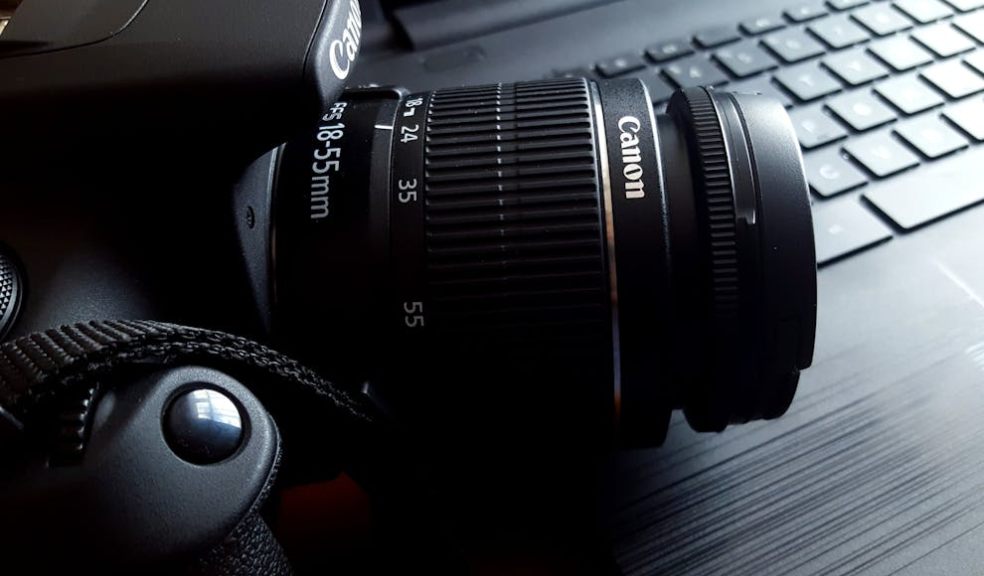
How Important Is Photography When Marketing a Hotel?
The significance of photography in marketing cannot be overstated, particularly when it comes to the hospitality industry. For hotels, which often rely on first impressions to attract potential guests, photography is more than just a visual aid—it's a powerful tool that can make or break a booking decision. In a highly competitive market, effective hotel photography can significantly enhance a property's online presence, build its brand, and ultimately boost sales.
First Impressions Matter
When potential guests search for accommodations, they are typically inundated with choices. The initial appeal of a hotel is often determined by its visual presentation, especially when browsing online booking platforms like Booking.com, Expedia, or even social media platforms like Instagram. High-quality photos give potential guests a virtual preview of the hotel experience and play a crucial role in shaping their first impression. Viewers judge whether the hotel seems clean, inviting, luxurious, or unique in a fraction of a second. In fact, research indicates that hotels with professional photography have a much higher likelihood of converting potential customers into actual bookings. If you want to ensure that your hotel appeals to a wide audience, then hiring London architectural photographer, Simon Callaghan Photography is a sensible move.
Storytelling Through Imagery
Beyond aesthetics, effective hotel photography tells a story. It allows a hotel to communicate its brand identity, ambiance, and the unique experience it offers guests. Whether it's the comfort of a cozy room, the breathtaking views from the rooftop, or the sophisticated design of the lobby, each image adds to the narrative. For luxury hotels, photos may emphasize elegance and exclusivity; boutique properties may focus on quirky decor or personalized services. Hotels can use photography to highlight specific features like pools, restaurants, spas, and other amenities that distinguish them from competitors. This storytelling aspect helps to create an emotional connection with potential guests and fosters trust even before they've stepped through the doors.
The Role of Authenticity
While beautifully staged photographs are essential, authenticity plays a critical role as well. Travelers today are more discerning and can easily spot overly edited or misleading images. When a hotel's marketing photography aligns closely with the actual experience, it helps build credibility and trust. This trust, in turn, translates into positive reviews and repeat bookings. Conversely, if photos are misleading, guests are likely to be disappointed upon arrival, leading to negative reviews, which can damage the hotel's reputation in the long run.
Social Media Amplification
Social media platforms have amplified the importance of photography in hotel marketing. Sites like Instagram and Pinterest thrive on visual content, and travelers often turn to these platforms for inspiration and recommendations. Hotels with visually appealing content are more likely to be shared, liked, and followed by potential guests, creating organic word-of-mouth marketing. This also encourages guests to share their own photos, providing user-generated content that can act as authentic endorsements of the hotel's appeal.
Boosting SEO and Online Presence
Photography also plays a significant role in boosting a hotel's search engine optimization (SEO). Image-rich websites tend to have longer visit durations as visitors are more likely to spend time browsing galleries of attractive photos. This longer engagement time signals to search engines that the website is relevant and valuable, improving its ranking in search results. High-quality photos, with proper metadata, can also appear in image searches, providing additional opportunities for exposure.
Driving Direct Bookings
Another crucial advantage of strong photography is its ability to drive direct bookings through the hotel's own website. A visually compelling website with professional photos can reduce a potential guest's reliance on third-party booking sites, which often take commission fees. By offering an immersive visual experience on their platform, hotels can entice guests to book directly, maximizing revenue and fostering direct customer relationships.
In an industry where experience is everything, a well-executed visual strategy is key to standing out in a crowded marketplace and ensuring long-term success.













